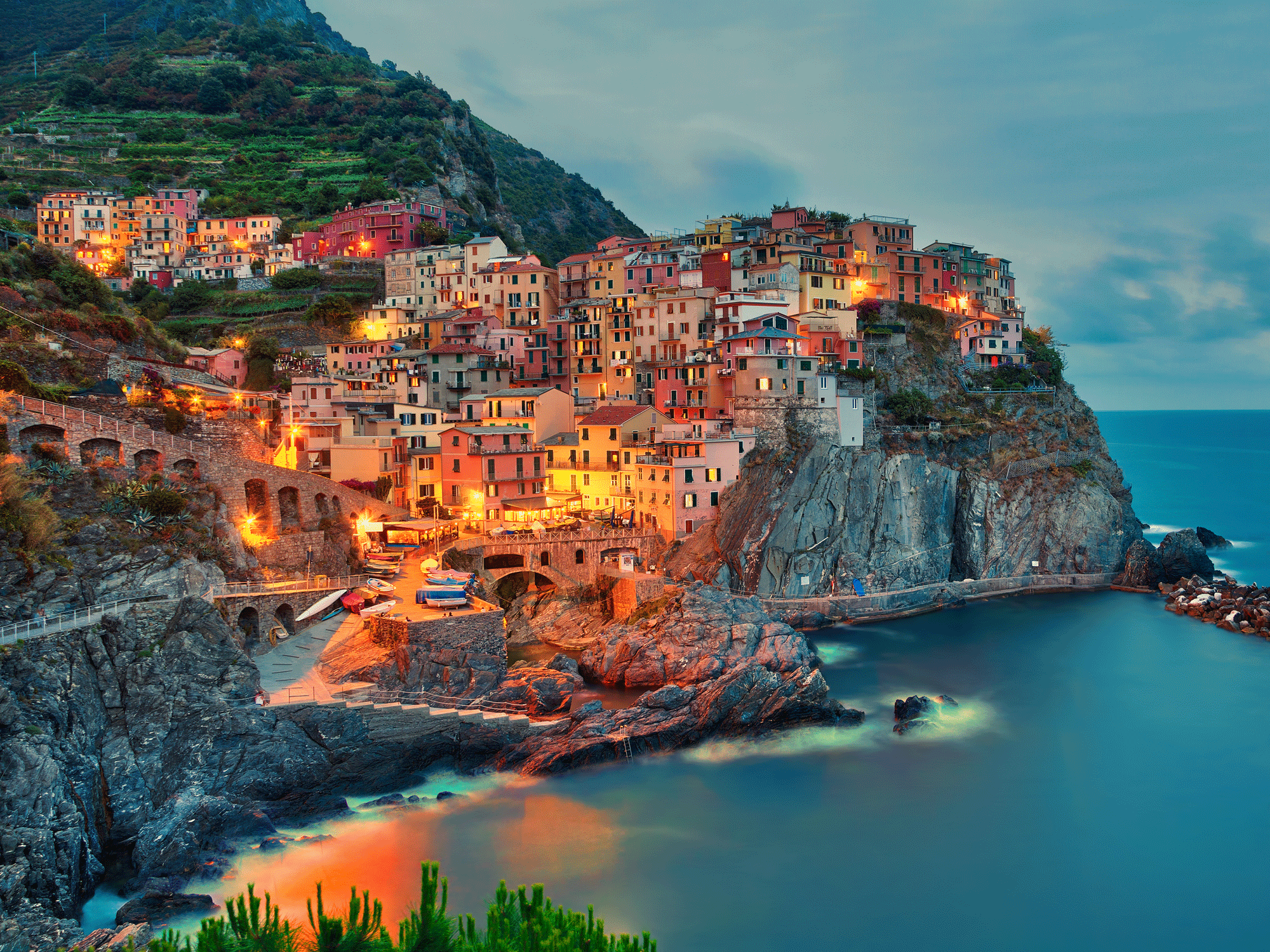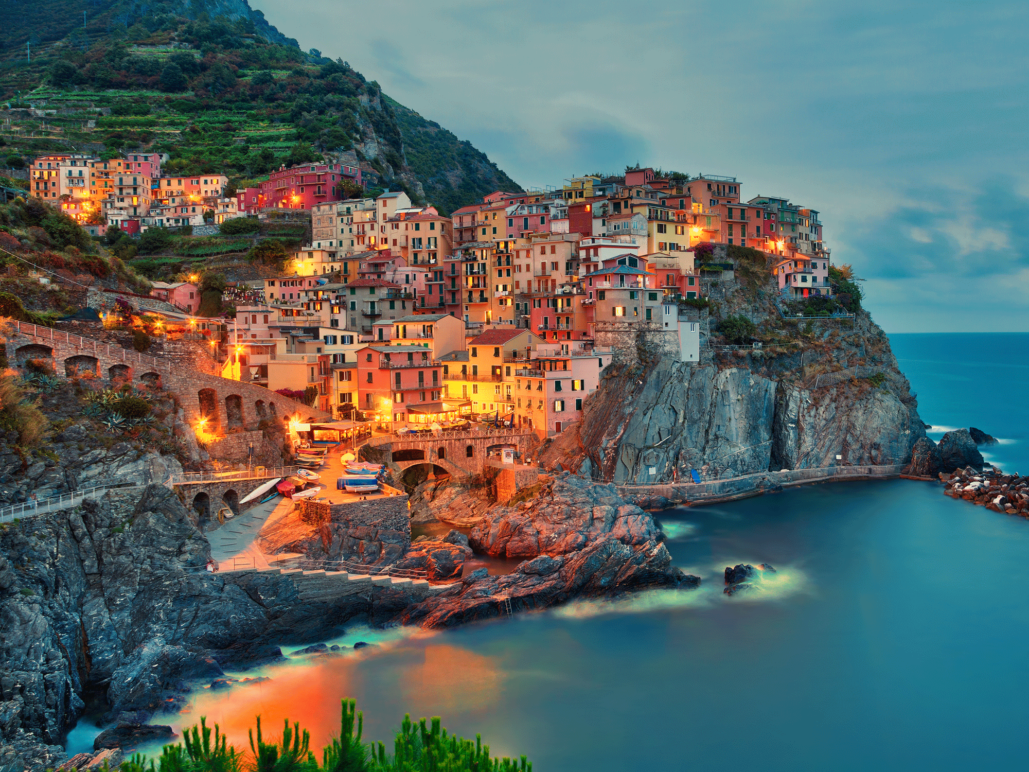This is one of the best books I’ve read on culture, creativity, storytelling and God. Thank you Andy Crouch for creating such a beautiful, wise piece of work. Here are my favorite quotes from the book. – Ami Mariscal
Ch 1
5:47
Which has developed an imposing apparatance
“Terry Eagleton observes not re-assuringly that culture has been called the second most complicated word in the human language, after nature.” – Andy Crouch
Ch 1
33 min
Making sense of the world, interpreting it’s wonder and it’s terror is left up to human beings alone. So
how do we make sense of the world? The two senses turn out to be more intertwined than we thought. We make sense of the world by making something of the world. The human quest for meaning is played out in human making…
Meaning and making go together, culture is the activity of making meaning.
Ch 3
30:01
“Shaping a Christian World View” by Brian J. Walsh, J. Richard Middleton. It sorts out what is important from what is not, what is of highest value from what is least. A worldview then provides a model of the world that guides its adherents in the world. A worldview Middleton and Walsh say comprises an answer to 4 crucial questions:
- Where are we?
- Who are we?
- What’s wrong?
- What’s the remedy?
Middleton and Walsh engagingly present the christian answers to these questions.
Ch 4
4:38
This a parable of culture change illustrating this fundamental rule. The only way to change culture is to create more of it. This simple but allusive reality follows from observations we’ve already made about culture.
First culture is the accumulation of very tangible things, the stuff people make of the world.
This is obscured when people talk about culture as something vague and ethereal such as the common copmarison of human beings and culture to fish in water.
Ch 4
21:14
Creativity is the only viable source of change.
Ch 14
20:49
Any Christian regardless of political philosophy who wants to be part of creating something new in culture will find him or herself in various kinds of partnership with otherwise unlikely allies.
But power’s temptation is insidious. Because we never have enough and because we never really know how much we have, we are constantly tempted to let the ends start dictating the means. We begin to accumulate power for it’s own sake which requires separating our quest for power from the goals which originally motivated it.
We begin to measure
Ami: I am sensing this in my own life right now. I want the end to be a world without a Trump presidency, so I am tempted to focus on the people with power who can end that. But I need to make money to support myself before I do that. Right now I would be living in…
Ch 14
39:32
Who knew how to get a group of alcoholics to talk. Not long ago I had the privledge of meeting
Catherine Roar, a former wall street investment banker who realized the same skills she ahd learned in business school could be used to prepare prisoners to re-enter society as entrepreneurs rather than unemployed recipients of charity.
Her prison entrepreneurship program brings executives and business school professors into prisons to train inmates on the skills needed to launch new enterprises of cultivation and creativity upon their release.
Catherine realized that even prisoners deprived of
Could in fact become a tremendous resource to their communities if the culturally powerful came alongside them. And that those could start businesses their mentors could not have of dreamed of or successfully lead and precisely in the places that most need growing business and new jobs.
She is a steward of her power, helping both the seemingly powerless and the seemingly powerful be better stewards themselves.
Ch 14
43:40
Like the disciplines of fidelity and chastity
Simplicity and generosity, acts of service and stewardship are not just quaint and pious exercises to make up better people.
They’re downpayments on our faith that the most slippey of all human realize is not as it appears. The lesson of both Exodus and resurrection is that powerless are never really as powerless as they seem. Perhaps that is the truest sense of the good news to the poor that Jesus came to proclaim. The poor are not as poor as they and we think they are. The creative God of history has made His resurrection power to them. He has made his power available to us if we will become poor in spirit.
Ch 15
7:32
Circle of 3, circle of 12
But the making of htis book was local in the sense that it was based on personal relationships and intimate collaboration; the product of the 3, the 12 and the 120.
In the circle of 3 were a publisher, an editor and an author. In the circle of 12 were an editorial director, a marketing director, publicists, designers, and a few trusted reviewers and readers.
In the circle of 120 were the endorsers whose comments you read on the cover, editors and producers at magazines, newspapers and broadcast media and some key friends who helped shaped the content, strengthen the concepts, and spread the word.
This is why most books include the acknowledgements … 3, 12, and a host of others 120.
Ch 16
7:07
Harvard students vs…Powerful story of black churchgoers saying “Thank you that I have limbs and can walk today”
“Spend any amount of time in the black church and you’ll soon hear someone
at some point you’ll hear someone pray,
Thank you lord that I woke up this morning in my right mind with the use and activity of my limbs.
…
That prayer sustained a people who were continually reminded of their powerlessness by small and large humiliations, reorienting them to the gifts that no oppression could take away.. it affirm the power to think and move within the world.
It was a dignity sustaining prayer. a repudiation of powerless and despair.
The black church had very little ascribed power, but they woke up in their right mind with the use and activity of their limbs and lead a transformative movement in American culture.
As a people, historically speaking they were children of crisis, but every time they prayed that prayer, they were children of grace. I’ve have become convinced that little good comes from straining to change the culture. To do so is indeed as the sociologist would say to grant human beings too much agency. We will end our efforts to change the world exhausted and spent, less sure of ourselves and less sure of God, or worst more sure of ourselves and less sure of God.
I’m also convinced that culture is sufficiently broken so that none of us can marinate in privilege enjoying the fruits of power at a time when Christians have re-entered the cultural mainstream and many of us have access to the best a prosperous society can to offer. Nor can we simply leverage our privilege and power in the ways that naturally come to elites and expect to contribute anything distinctive to the world.
The way to genuine cultural creativity starts with the recognition that we woke up this morning in our right mind, with the use and
to do so is to







